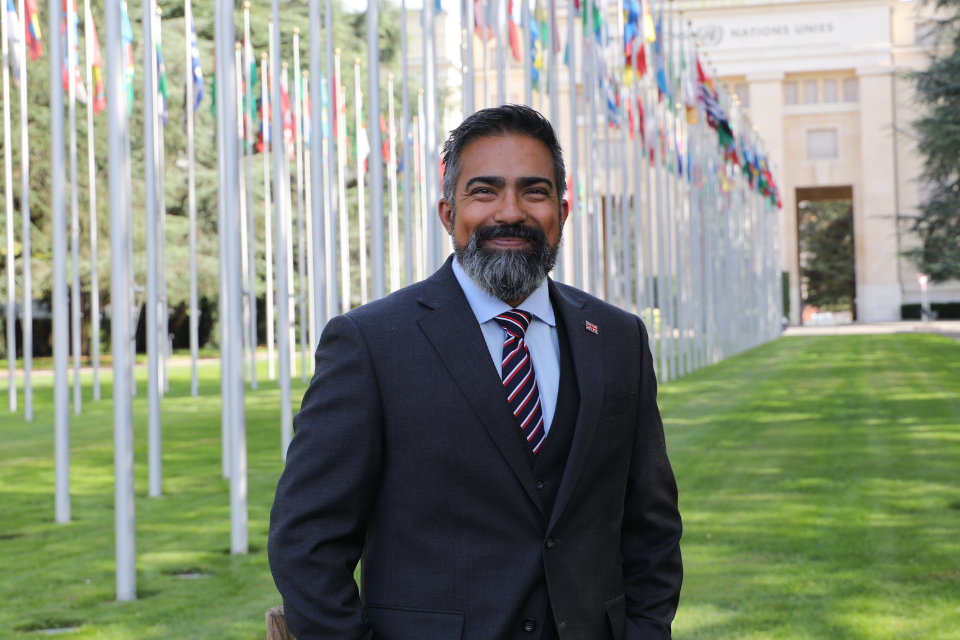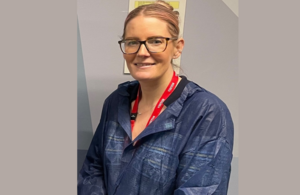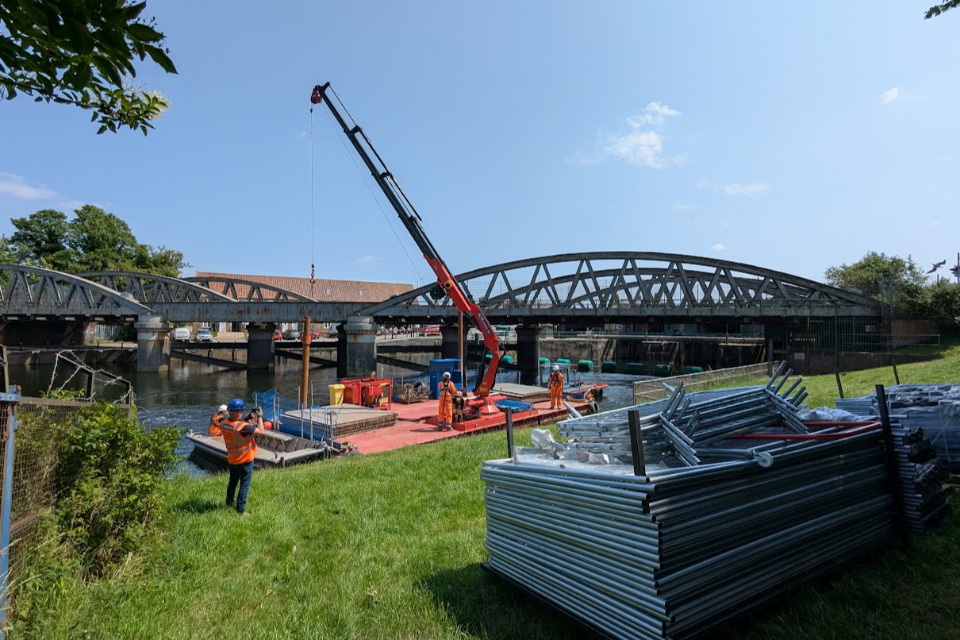Item 4 – Incorporation of the Investment Facilitation for Development Agreement into Annex 4 of the WTO Agreement – Draft Decision (WT/GC/W/927/Rev.2)
Thank you Chair, it is a real pleasure to be here today at the WTO General Council meeting. It is my first full working day at the WTO and I have been in Geneva less than 48 hours, but I really look forward to working with all the Members here across the next four years and I very much look forward to working with you, the DG, and the whole team here.
It is a particular pleasure to make my first intervention on this topic. The IFDA shows the potential of the WTO at its best. Advantages of this agreement are well rehearsed and well known to all the Members here it increases business confidence, reduces complexity, increases growth, increasing jobs and, most importantly, those jobs and growth will be concentrated in the developing world.
This is absolutely vital to closing the gap – the $4 trillion needed in investment to meet the SDGs – at a point in time when Governments around the world do not have the money to spend themselves. It is particularly important that we enable our private sectors to help fill that gap and make that investment across the world.
As I prepared for this role I spoke to a number of businesses and politicians in the UK and around the world and I explained to them the IFDA as an example of what we can achieve. I would explain that 127 members are already in agreement and then they would ask me ‘“so what is holding 127 members back?”’ and I’m afraid my answer to that was less convincing. I think, simply put, the UK feels this deal is ready, this agreement is ready to be made, we think it should be incorporated by MC14 and you can count on the United Kingdom’s unwavering commitment to make that happen.
Thank you.
Item 5 – Report by the Chairperson of the Trade Negotiations Committee and Report by the Director–General
This topic goes to the core of why we are here.
I am not going to be presumptive enough to make recommendations on what we should be changing on my first day – I’ll wait till tomorrow for that – but I will talk about why I wanted to do the job. It is not just because this organisation is really important and its outcomes are really important, but it is because of the risks posed to this organisation, the rules and standards that it sets.
This will lead to less efficient businesses, a less resilient and more volatile global economy and, if you want a fairness argument, in a world without those common rules and standards might will make right.
If that is too abstract for us, then, without the WTO I don’t think we would have achieved the level of development goals. I don’t think today we would have an iPhone and, as I was picking up my clothes this morning, I don’t think I could afford my clothing. I was very proud that I had a Hackett suit, a Charles Tyrwhitt shirt and a German street tailor made my shoes.
I looked at the supply chain and it went through no fewer than five countries it went through India, Bangladesh, China, Italy and the US – and I thought I was buying British-branded clothing.
None of this would be possible without the WTO. That is what our publics care about, that is what our politicians care about. Whether it is clothing, technology, food, infrastructure that is cheaper, quicker, faster; if we care about those things then we really do need to act at MC14. We can choose to miss that opportunity – and if we do choose to miss it – we shouldn’t complain about being poorer for it.
Chair, you will have the UK’s support to try and make MC14 one that should focus on reform.
Thank you.
Item 12 – Member Conversations on Current Economic Issues – Request from Canada
Thank you Chair.
We would like to add that we really support Canada’s work on this initiative. It is really important that we find open and honest ways of talking about the various elephants that we bring to the room. It is a very big room but it feels after the last day and half that we might soon run out of space if we don’t deal with some of them.
DG, you are right to redirect us in your last intervention to engage on the reform agenda when we talk about the problems that we have with the current rule book. The EU Ambassador rightly pointed to forums for diagnosis and solution, and we see this initiative by Canada as being one such forum in the process and journey to MC14. We particularly welcome its open and inclusive nature, the website for transparency, and the mix of developed and developing countries. We understand that the EU and Mexico will host the next session on 24th September and we invite all Members to join.








